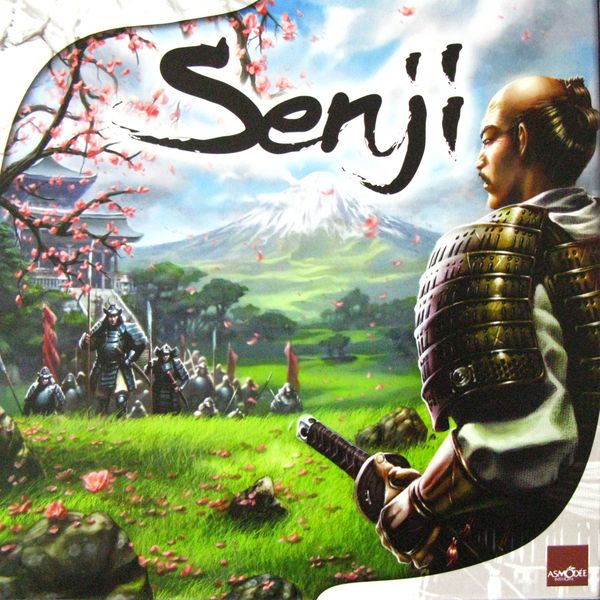Senji (2008) Board Game
Senji is a board game released in 2008, designed by Bruno Cathala and Serge Laget, and published by Asmodee. The game is set in a medieval world where players take on the roles of feudal lords vying for power and influence. With a mix of bluffing, negotiation, and strategic gameplay, Senji offers an immersive experience for 3 to 6 players aged 12 and up.
Game Components of Senji
How To Setup Senji
Setting up Senji involves distributing the cards, armies, cities, and wonders among the players. Each player starts with a set of cards and initial resources. The game board is laid out to represent medieval Japan, with various regions to be conquered and resources to be managed.
Gameplay Mechanics and Game Objective
Player Experience
Playing Senji requires a balance of military strategy, economic management, and social diplomacy. Players must navigate the complex web of trading cards, deploying armies, and building cities and wonders. The game demands adaptability and strategic thinking, as alliances can quickly turn into rivalries.
Pros
Cons
Personal Thoughts on Senji
Senji is ideal for experienced board game enthusiasts who enjoy complex, strategic games with a blend of warfare, trading, and diplomacy. It is particularly suited for those interested in historical themes and are willing to invest time in understanding the intricate mechanics. However, it may not be the best choice for casual gamers due to its complexity and length.
We are supported by our audience. When you purchase through links on our site, we may earn an affiliate commission, at no extra cost for you. Learn more.

